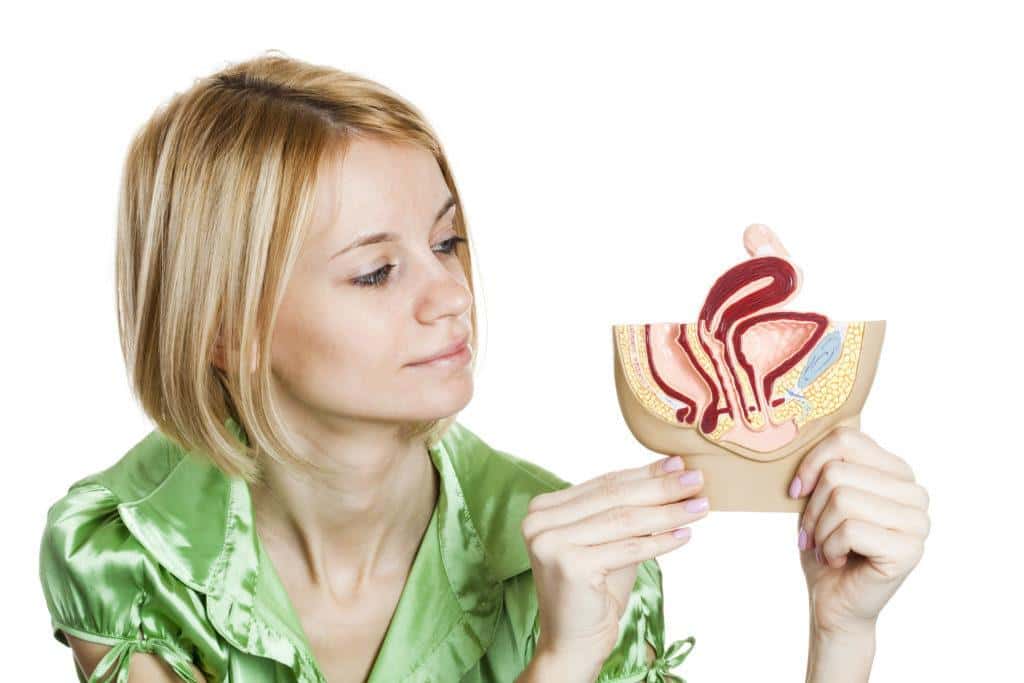Three Commonly Asked Questions About Vaginal Health
Birth control pills debuted in 1960, revolutionizing women’s health and providing them with a new option to take control of their sexual health. For many, this medical breakthrough shattered years of stigma and opened up conversations about vaginal health. However, even today, not all women are comfortable freely discussing their vaginal health, even with their doctors. But vaginal health is a very important part of overall health. Therefore, if anything seems “off,” such as a strong odor or an unusual vaginal discharge, or if there is a need to change contraception method, it is imperative to talk to a health expert. In the meantime, below are some of the most commonly asked questions that may help open up the discussion and ensure long-term vaginal health.
What Factors Affect Vaginal Health?
The vagina is a delicate, complicated organ and can therefore be affected by many different factors. Some may be hereditary, such as endometriosis, which can cause heavy periods, painful ovulation, and pelvic pain. Other vaginal issues, like dyspareunia, also known as painful intercourse, can have multiple causes, such as uterine fibroids, polycystic ovarian syndrome (PCOS), or vaginal dryness.
Pregnant women, women who have recently undergone a hysterectomy, or women who are dealing with menopause symptoms are especially in need of careful monitoring and expert care when dealing with these major life-changing events. Often times, many uncomfortable symptoms can be mitigated with the right treatment and care.
Of course, sexual intercourse carries the risk of sexually transmitted infections and can lead to an unhealthy vagina. Condoms are still the best method of helping reduce STI exposure, but many women choose another form of protection for birth control purposes. The diaphragm is still occasionally used, but it has often been replaced by the more convenient contraceptive pill, the IUD, or for some women, permanent sterilization. While all of these methods have their benefits, such as avoiding unintended pregnancy, they too have drawbacks, and many birth control options can lead to hormonal imbalance, disrupted health of the vagina, and other, more serious health issues.
What Causes Vaginal Dryness?
While vaginal dryness is a symptom commonly associated with menopause, it can happen at any age due to external factors like birth control pills or emotional distress. Vaginal dryness is also the leading cause of low libido and low sexual satisfaction. It can also cause discomfort even when sitting, exercising, or urinating, and it increases the risk of infection. In most cases, imbalanced hormones are to blame for vaginal dryness. Fortunately, there are many natural solutions that can alleviate the pain and discomfort associated with this common vaginal issue.
How Can I Keep My Vagina Healthy?
The vagina is intended to be self-cleaning, so never wash with harsh douches or overly fragrant soaps, which are known to disrupt the pH balance in the vagina and can lead to problems like vaginitis. If necessary, a mild soap should be used instead. Change out of damp, sweaty clothes immediately after exercising to avoid trapping sweat in the groin and vaginal area. Avoid wearing tight-fitting pants on a daily basis, and choose cotton-crotch panties to allow the vagina to get proper air flow.
Since many vaginal issues are directly related to hormonal health, consulting with an expert physician within the BodyLogicMD network can help resolve imbalances, which can improve vaginal health as well as overall wellbeing. With extensive experience and training specific to hormonal imbalances, the physicians within the BodyLogicMD network are familiar with many different types of therapies to address issues common with sexual health, menopause, and more.
BodyLogicMD’s SexualHealthPro treatment options can even create customized solutions to assist with issues such as the inability to orgasm and other sexual dysfunctions. The doctors usually recommend a holistic, balanced program, which may include bioidentical hormone therapy along with complete lifestyle suggestions, including nutritional supplements, customized diets, exercise plans, and even specialized exercise recommendations to strengthen the pelvic floor.
The most important way to help keep the vagina healthy is to pay attention to any changes or unusual discomfort, and address any issues early on with a trusted health expert, like those within the BodyLogicMD network.
